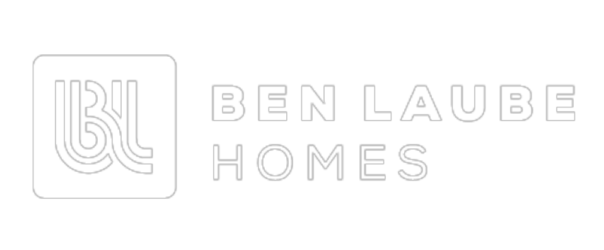Once you’ve successfully gone under contract for a home purchase, it’s important to stay on top of the necessary steps to ensure a smooth closing process. In this blog, we’ll discuss three crucial actions you must take after going under contract: delivering the escrow deposit to the title company, scheduling a home inspection, and securing homeowner’s insurance. Let’s dive in!
Delivering the Escrow Deposit to the Title Company

After signing a purchase agreement, you’ll typically be required to deliver an escrow deposit to the title company. The escrow deposit serves as a show of good faith and demonstrates your commitment to the transaction. It is typically a percentage of the purchase price and is held in an escrow account until the closing.
To deliver the escrow deposit, contact the title company specified in your contract and inquire about their preferred payment method. Wire transfer or certified check are commonly used methods. Ensure that you follow their instructions carefully to avoid any delays or complications.
Remember, the escrow deposit is typically non-refundable, so make sure you are fully committed to the purchase before submitting it. The deposit will be credited towards your down payment or closing costs at the time of closing, so it’s an essential step in the home buying process.
Scheduling a Home Inspection

One of the most crucial steps after going under contract is scheduling a professional home inspection. A home inspection is a comprehensive assessment of the property’s condition, including its structural components, systems, and major appliances. It helps you identify any potential issues or repairs that may impact the property’s value or your decision to proceed with the purchase.
To schedule a home inspection, hire a licensed and experienced home inspector. Seek recommendations from your real estate agent or do thorough research to find a reputable inspector. Coordinate with the seller to agree on a convenient time for the inspection.
During the inspection, accompany the inspector and take notes of any findings. After the inspection, you’ll receive a detailed report highlighting the property’s strengths and weaknesses. Based on the report, you can negotiate repairs or credits with the seller or even reconsider the purchase if significant issues are identified.
Securing Homeowner’s Insurance

Securing homeowner’s insurance is vital to protect your investment and comply with lender requirements. Homeowner’s insurance provides coverage against property damage, theft, liability, and other risks. Before the closing, you must provide proof of insurance to your lender.
To secure homeowner’s insurance, shop around and obtain multiple quotes from reputable insurance companies. Consider factors such as coverage limits, deductibles, and policy terms. It’s also important to understand what is and isn’t covered by each policy.
To obtain an accurate quote, you’ll need to provide relevant information about the property, including its location, size, age, and construction type. You may also need to provide details about your personal circumstances, such as your credit history and claims history.
Once you’ve chosen an insurance provider, finalize the policy and ensure the effective date aligns with the closing date. Notify your lender of the insurance details promptly.
After going under contract, taking these three essential steps becomes paramount to ensure a successful home purchase. Delivering the escrow deposit, scheduling a home inspection, and securing homeowner’s insurance protect your interests and provide peace of mind throughout the closing process. Stay proactive, communicate effectively, and work closely with your real estate agent and other professionals involved to achieve a smooth and successful home buying experience.

